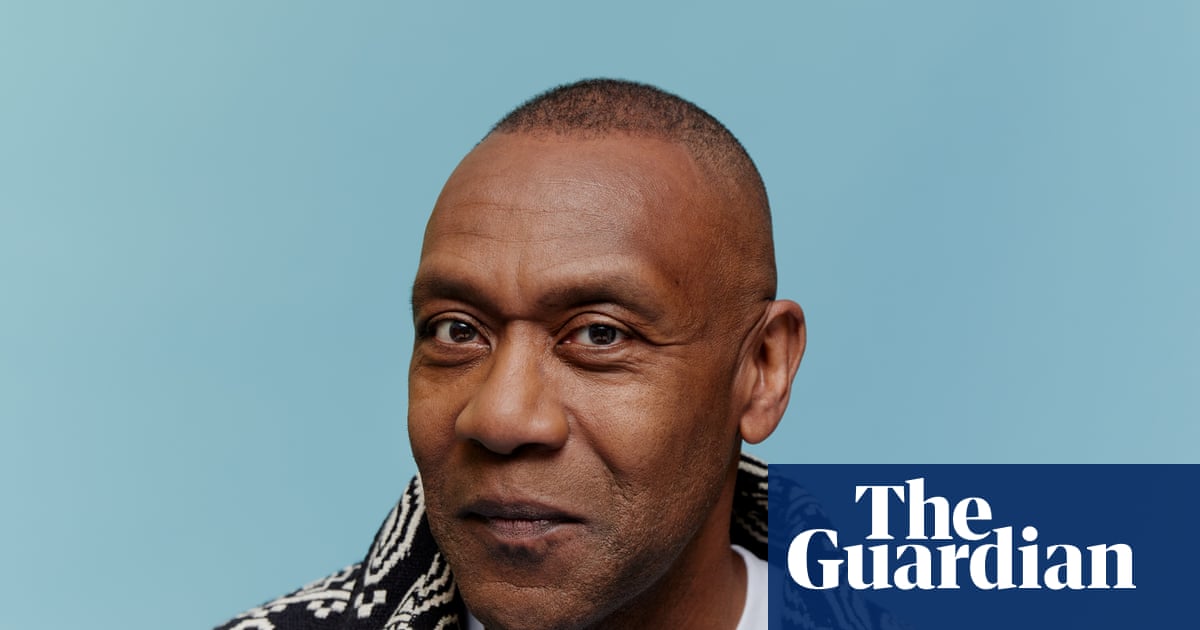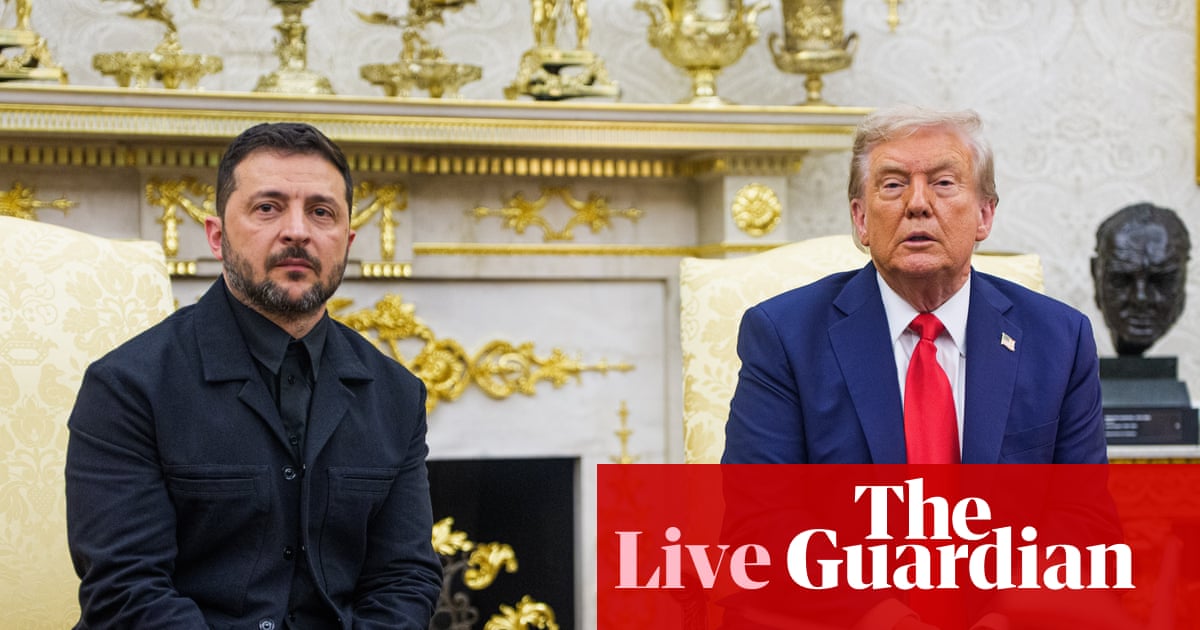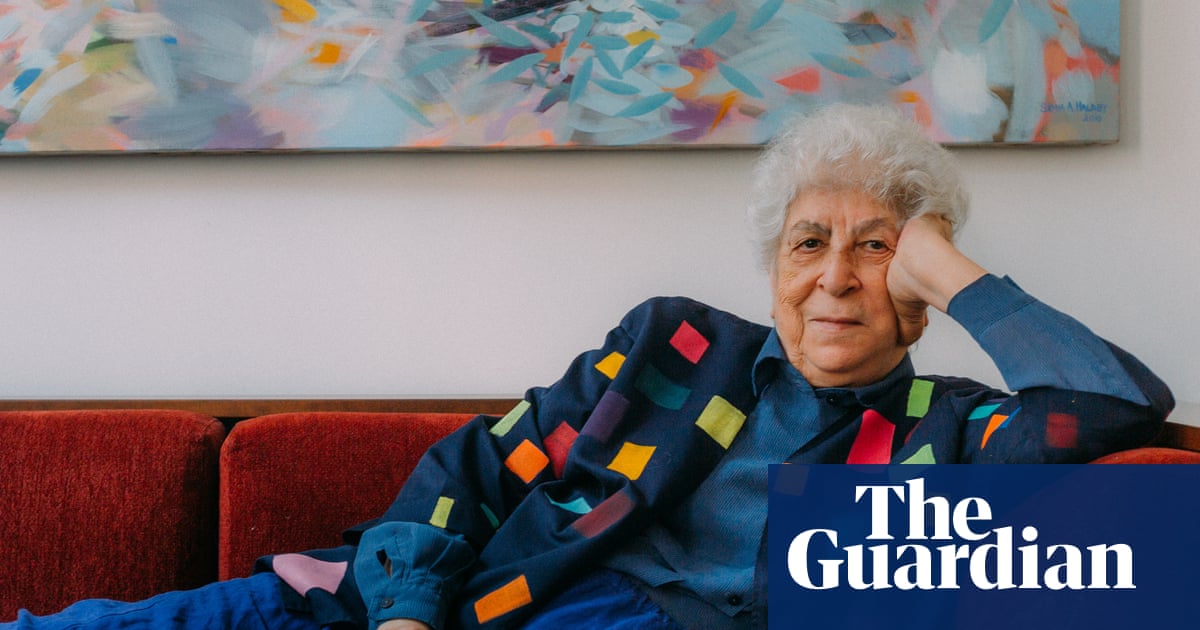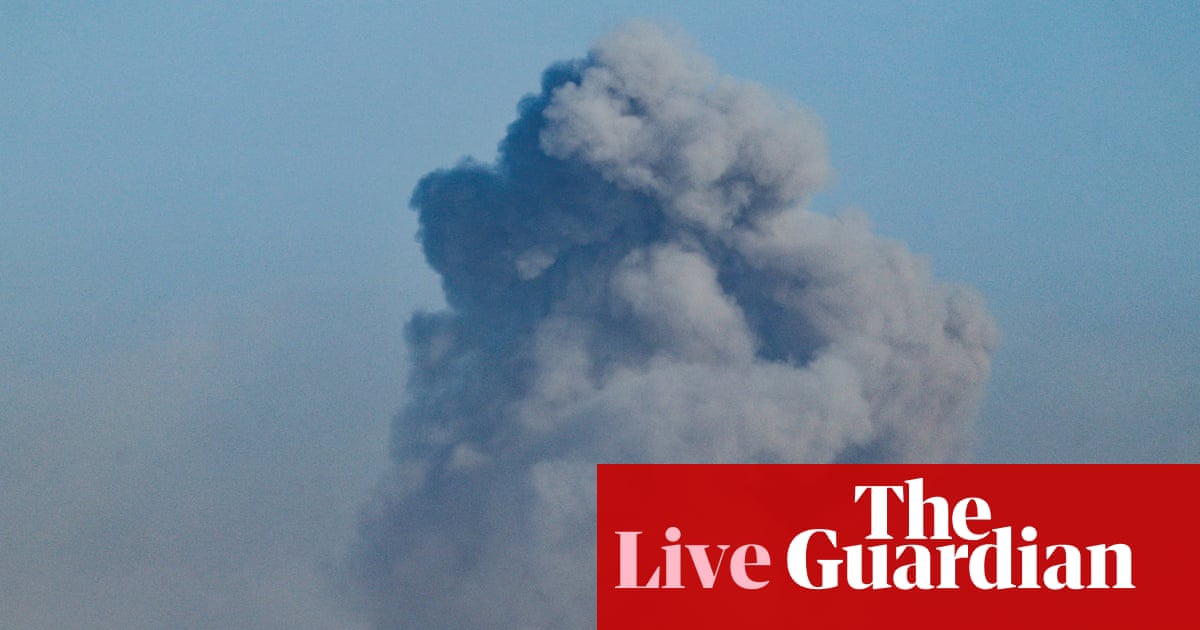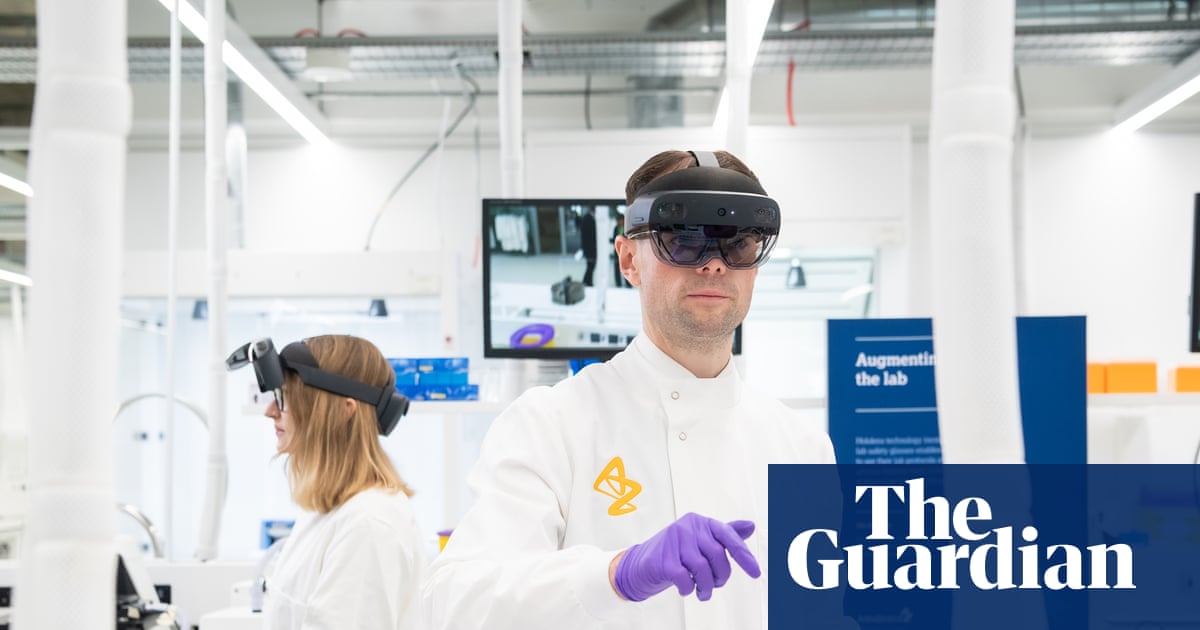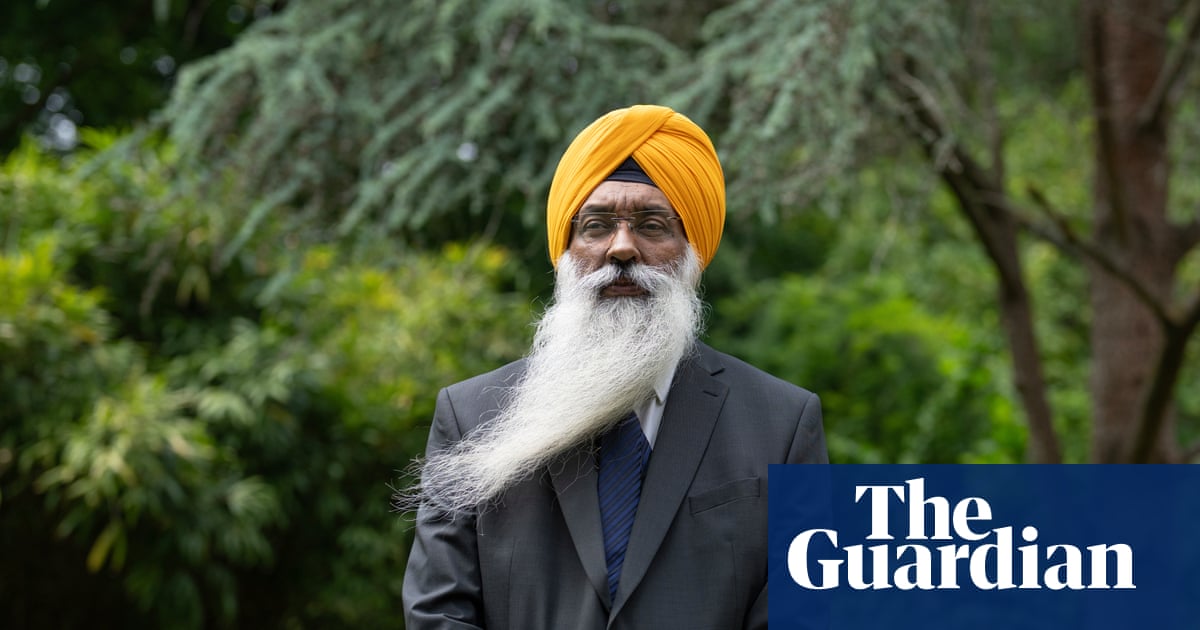There is a stereotype that the natural political activists in academia are the humanities professors: literary scholars, social theorists and critics of culture are the ones who speak truth to power and fight back against oppression.
Yet scientists also ought to stand up and organize against the Trump administration’s attacks – not only the attacks on scientific research and integrity, but also the attacks on immigrants, on political speech and on democracy. Scientists cannot see themselves as above the fray but rather in coalition with other workers resisting authoritarianism.
History is replete with examples of scientists that have taken on great risks to resist authoritarianism. The Dutch neurologist GGJ Rademaker reorganized his laboratory into a base of resistance (complete with printing press, radio equipment and hidden weapons) against fascist forces in the Nazi-occupied Netherlands. Some German scientists, including the psychoanalyst John Rittmeister and biochemist Heinrich Wieland, opposed the Nazi regime by hiding Jews and distributing banned anti-fascist literature. Brave German scientists even aided the Allied forces during the second world war.
At this year’s meeting of the American Association for Cancer Research, the CEO of this research society, Margaret Foti, encouraged cancer scientists to take part in demonstrations and meetings with elected representatives. Professors from all corners of campus are already fighting back against funding cuts, the attempted deportations of our international students and usurpations of democratic governance. At Columbia, where I work, faculty have been organizing to urge our university leadership to provide real protections to students at risk of deportation and sue the Trump administration, among other demands. Contrary to the stereotype, much of the organizing work is being spearheaded by science faculty – psychiatrists, epidemiologists, astronomers, mathematicians, economists, statisticians, oceanographers – hand in hand with our colleagues in the humanities.
Despite the notion that scientists are and should be cautious or apolitical, professors in the sciences are well-suited to political activism. The work of political organizing is not so different from the work of managing a research lab: skills in divvying up tasks, managing people with sensitivity and foresight, and creating clear, compelling narratives to communicate accomplishments (eg to peer reviewers reading our manuscripts) are all clearly transferrable to activism. All science professors were once science students, doing the typically monotonous labor of scientific work, spending hours carefully tinkering in the laboratory, debugging computer code, or meticulously collecting information on the human or natural world. Often political activity involves straightforward but time-consuming tasks such as printing leaflets or making phone calls to representatives. Sometimes there are simple logistics that need taking care of in organizing a protest march. Some activism involves strategizing in coalitions to distribute needed resources or build supportive institutions. None of this is as difficult as “rocket science” and it is in fact remarkably similar to the more banal parts of everyday science.
Many recent actions taken by the Trump administration impinge quite obviously on the expertise of scientists: the attacks on federal research funding, the rollback of decades-long protections of our environment and human health, the excising of research specifically related to climate change or vaccine development. Robert F Kennedy Jr has recently promised to dedicate scientific resources to studying the alleged relationship between autism and vaccination – a question that has been addressed by dozens of studies and on which the scientific consensus to the contrary is clear – and thrown the weight of the government behind stigmatizing and dangerous initiatives related to autism, contested by experts and advocates. Donald Trump has also taken steps to sabotage congressionally mandated research on the climate crisis by dismissing expert authors of the National Climate Assessment. Opposing these moves and organizing against them as scientists is a no-brainer. Yet also scientists must fight tooth and nail against the secretive and seemingly baseless incarceration of immigrants, the usurpation of democratic checks and balances, and the reorganization of society along ever more hateful lines. These things affect all of us regardless of our job descriptions. It should go without saying that scientific inquiry cannot flourish in a society dominated by fear, censorship and hate.
Scientists are drawn to the work we do for many different reasons, but I would venture that for most of us there is an underlying goal of advancing humanity – whether that is by finding cures to disease, new technology or more abstractly by pushing the boundaries of human knowledge so that future generations are better off. All of that is at risk if we remain “neutral” or “apolitical” at the wrong moment in history. Though there is a plausible argument for erring on the side of “apolitical” in normal times, to ensure trust and guard against undue politicization of scientific work, the argument stretches thin and breaks down given our current political environment and apparent slide toward fascism. Our scientific research itself must remain free from prejudice and aimed wherever the truth may lead, but the work before us is not only scientific research. We must also work to preserve the conditions of life that make both science and society flourish. In these times that means that scientists have a duty to dissent.
after newsletter promotion
-
Daniel Malinsky is an assistant professor of biostatistics in the Mailman School of Public Health at Columbia University

.png) 3 months ago
76
3 months ago
76

